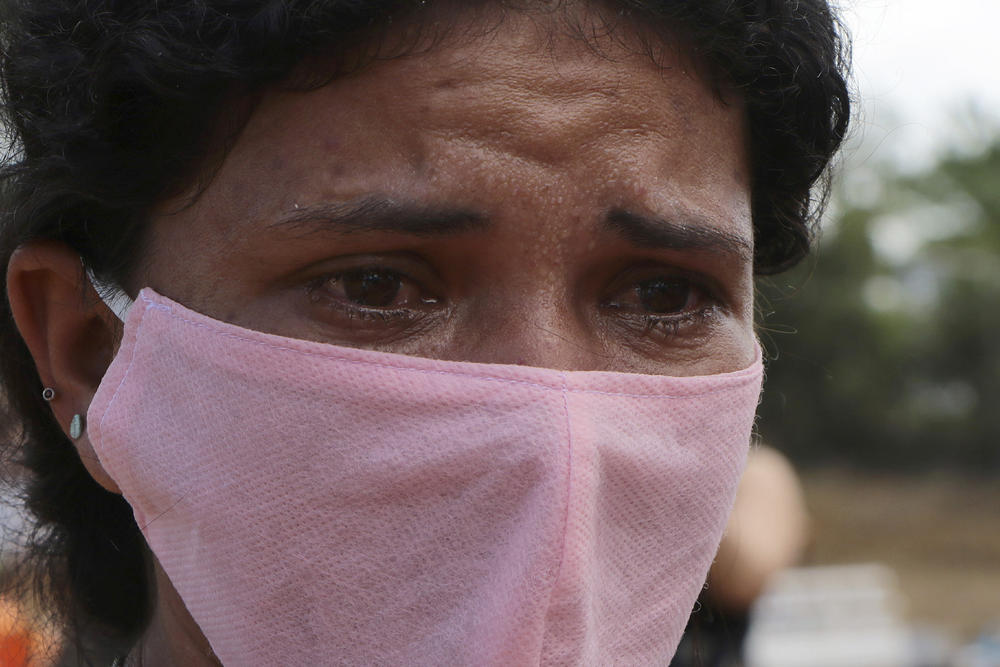Section Branding
Header Content
How Deaths From COVID-19 Compare To Georgia Car Crashes, Flu, Overdose
Primary Content
COVID-19 is on track to kill more people in Georgia than drug overdoses or car crashes. The disease caused by the coronavirus has already killed more people in the state than influenza has (2019-20 season).
The leading causes of death are chronic diseases such as heart disease, stroke, diabetes and cancer, according to the Georgia Department of Public Health.
Cardiovascular disease leads the way, accounting for more than 20,000 deaths a year. That’s about 1 in 3 Georgia deaths overall. But the state is also part of the South’s “stroke belt."
RELATED: Grady's Stroke Ambulance Can Scan For Stroke, Give Medicine On The Side Of A Highway
Strokes are the fourth leading cause of death among Georgians, accounting for 3,665 deaths, or 5% of all deaths in 2013, according to DPH.
But the state has seen 904 COVID-19 deaths since March 12.
One model using data through April 22 predicts 2,254 Georgians could die of COVID-19 by Aug. 4. That exceeds the number of people in the state who died in traffic crashes and from opioid overdoses.
About three people a day die from substance use disorder.
Specifically, 1,396 people died in 2018 after overdosing on various drugs, state data shows. That same year, Georgia had 1,504 traffic deaths, according to the Governor's Office of Highway Safety.
And, if you want to compare to deaths in Georgia from influenza, the state health department confirms 83 flu deaths between Sept. 29, 2019, and March 7, 2020.
COVID-19 claimed the lives of more than 200,000 people worldwide, but more than 800,000 recovered.
The World Health Organization continues to review evidence about antibodies from those who survive COVID-19, but no study so far has been able to determine whether recovering makes one immune.


